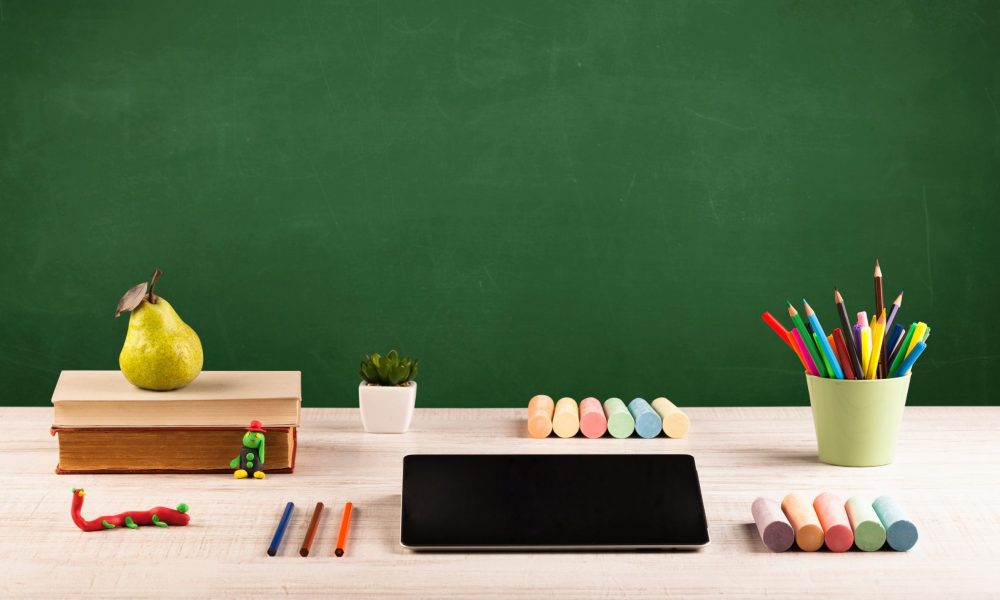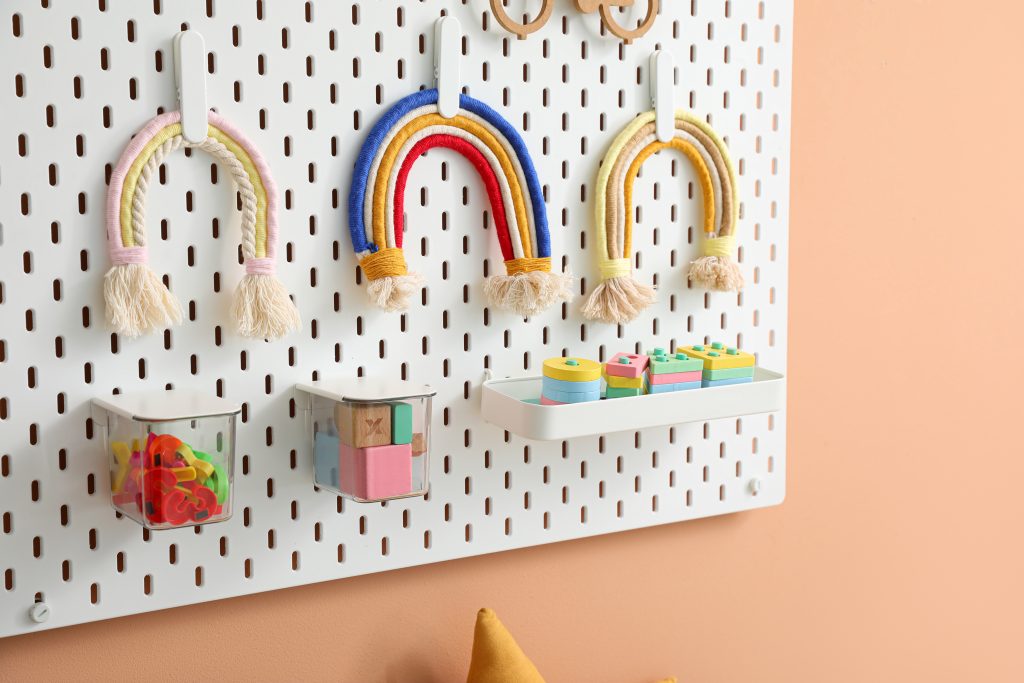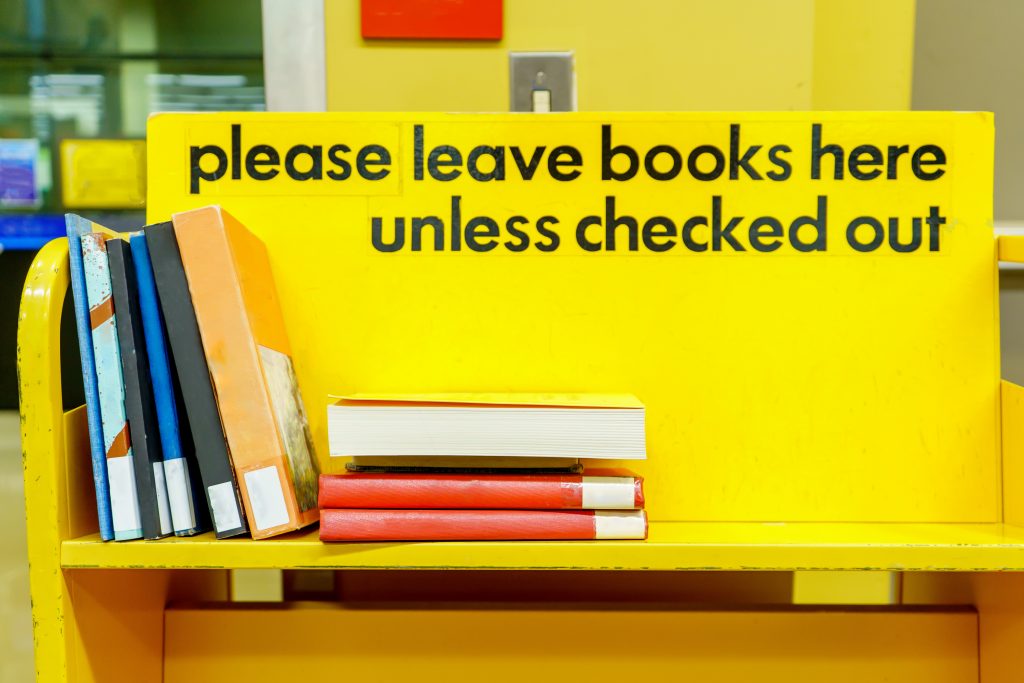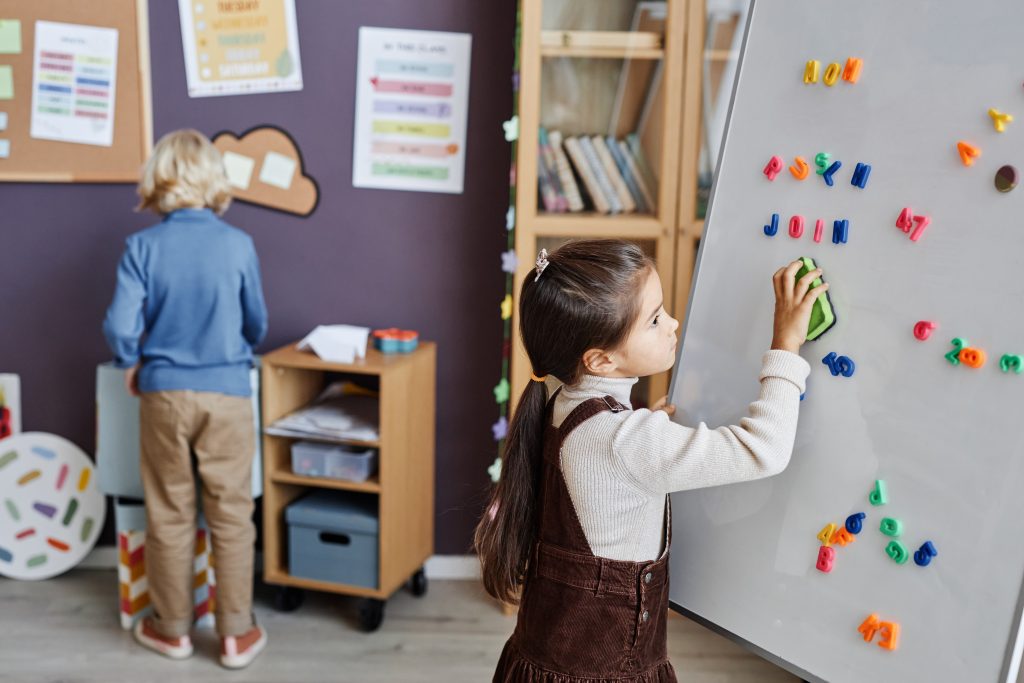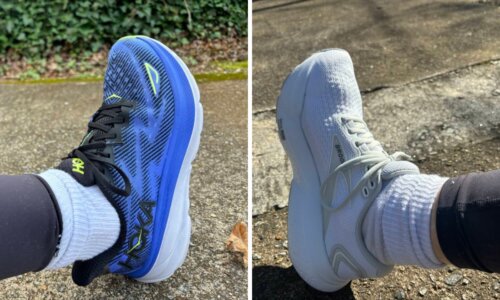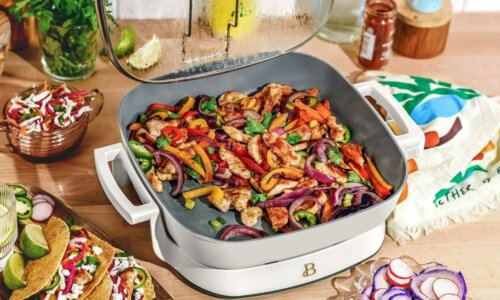From herding supplies to managing students, keeping a classroom organized can be daunting for teachers. Fortunately, there are many brilliant tricks and tools available that can help create an efficient and well-organized learning environment.
Whether you’re using color coding for supplies, or investing in the best stapler to keep packets together, these tips can help teachers create a more organized classroom and maximize the learning experience — and knowing these hacks might help you stay more organized at home, too.
Buy Bins and Baskets
Bins and baskets can be efficient and cost-effective for organizing many classroom items. For instance, you can label each container or basket with a subject, genre or topic and put books in them so that students know where to find relevant materials quickly.
Transparent bins allow students to see what’s inside without having to dig through them. Place bins and baskets on shelves, or hang them on the walls at different heights to make them easily accessible for all students.
Incorporate Color Coding
Color coding can be an excellent way for teachers to organize their classrooms, helping them quickly identify and locate materials without spending extra time looking through multiple documents or containers.
For example, create a schedule with different colors for each day of the week to track assignments, due dates and special events. Or use colored filing folders for sorting papers according to the subject, topic, grade level or any other criteria you may choose, to make locating important documents simpler and quicker.
Utilize Adjustable Shelving
One way to maximize storage is with furniture that has adjustable shelving and drawers. You can use these items to store materials including your best stapler, paper, art supplies and other classroom items.
Adjustable shelves are perfect for storing items at different heights and widths, while drawers offer a discreet hidden way to keep things tucked away neatly. This allows you to better organize your classroom according to your needs, whether you require more vertical or horizontal space.
Hang Pegboards
Pegboards are a great way to store markers and other art supplies, books, paper bins, pocket charts, bulletin boards and other classroom essentials. They can also be used for hanging activity centers such as magnetic boards or whiteboards.
Teachers can also use pegboard to store posters, charts and other visuals that can easily be seen from around the room. This allows students to reference material quickly without searching through stacks of papers or folders.
Label Everything
Labels make it easy to keep track of materials and designate areas within the classroom for specific activities. In addition, labels can be used to organize books, folders, desks, lockers and other supplies.
Teachers can also use labels to provide visual cues around the classroom. For example, labels can be used on doors or walls to help students identify different spaces or learning centers within the room. Labels can also be placed around shelves and drawers so students know where to find the supplies they need for their assignments.
Assign Jobs
Assigning jobs to students is an effective way for teachers to keep their classrooms organized and running smoothly. Jobs can include anything from sorting materials, to cleaning up after activities, managing resources and keeping track of attendance.
Of course, when assigning tasks it’s essential to consider the age and developmental level of the students. It’s also important to make sure all students understand their responsibilities. Finally, it’s a good idea to recognize students who do a good job or go above and beyond with their assignments.
Assigning jobs is an excellent way for teachers to ensure that their classroom stays neat and organized and runs efficiently throughout the school year.

